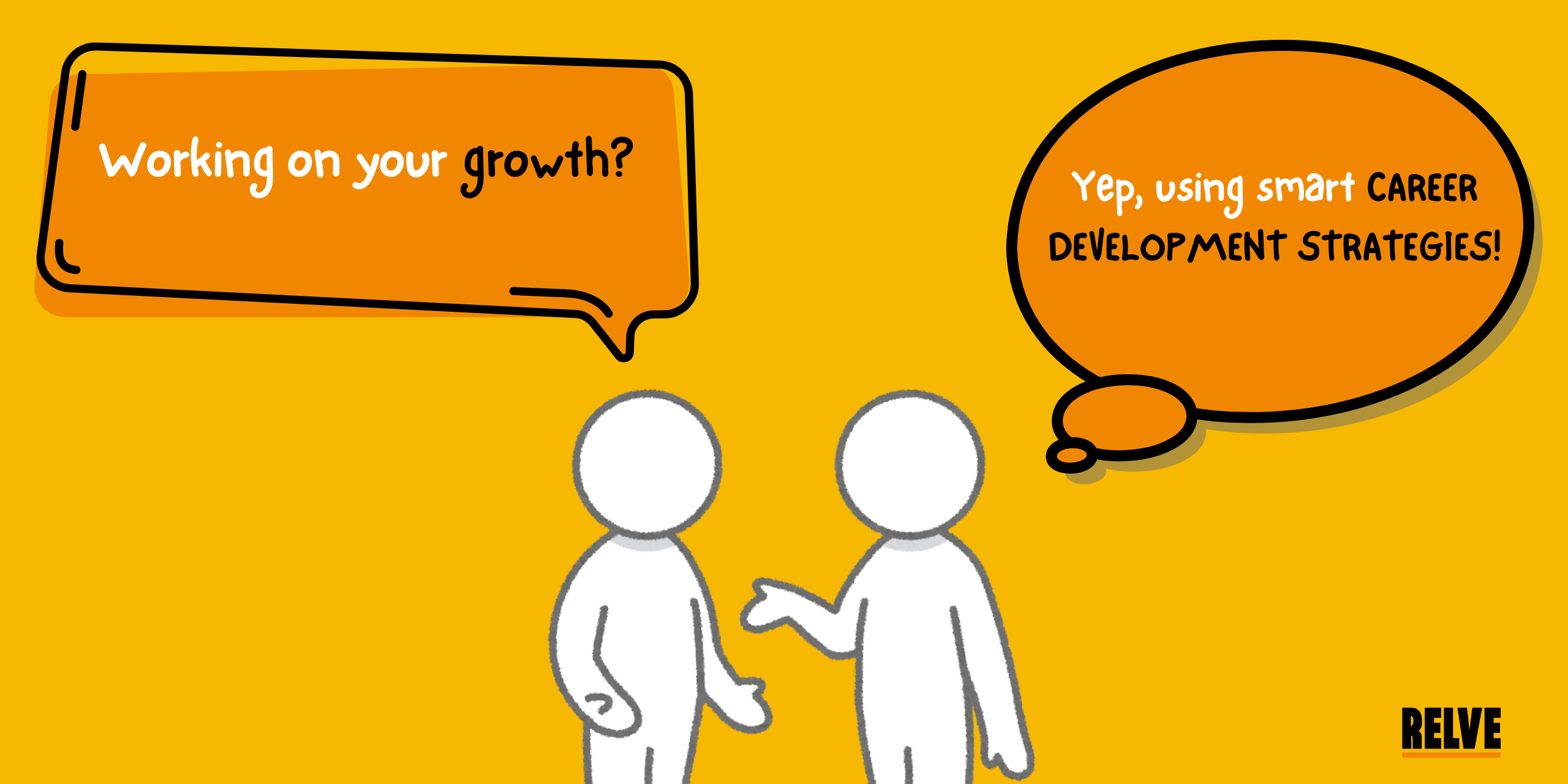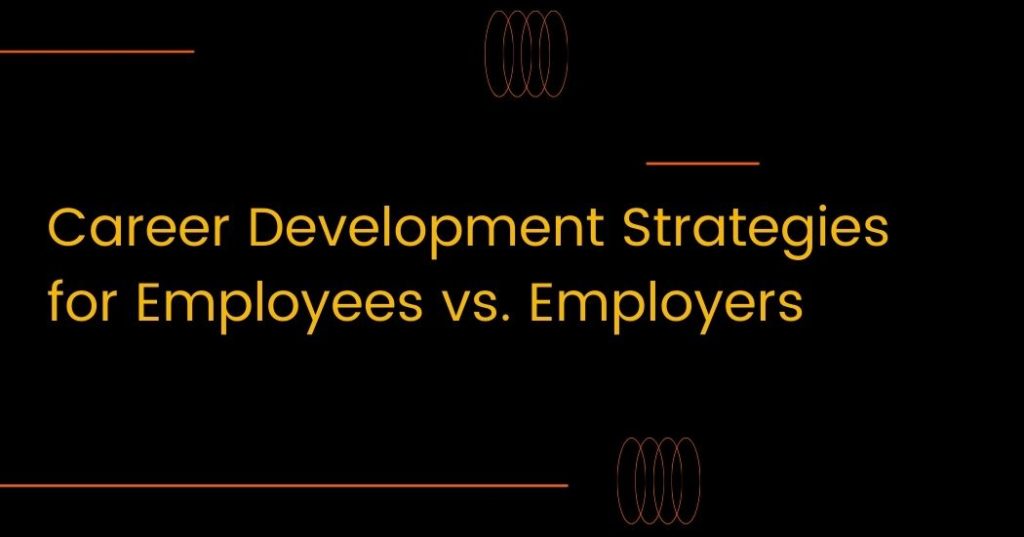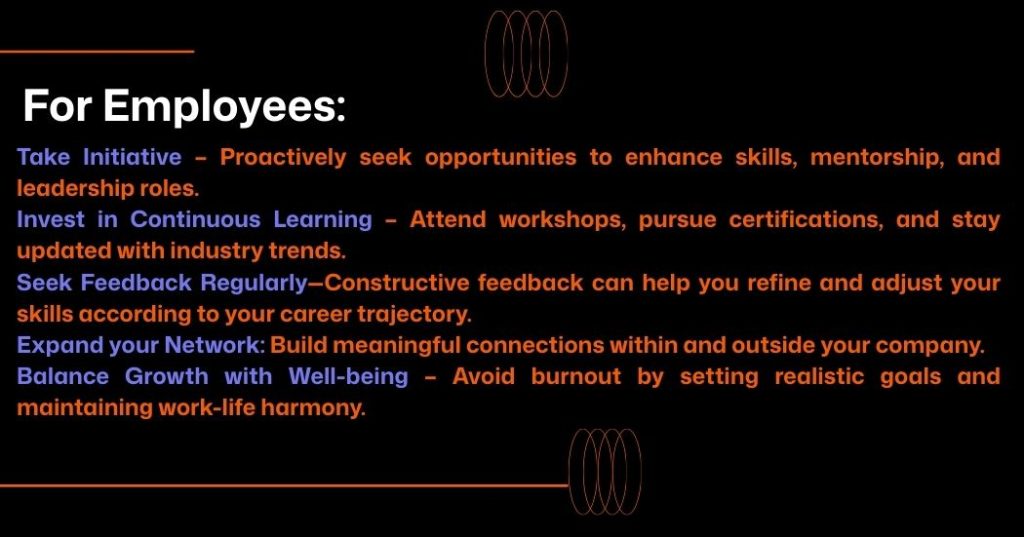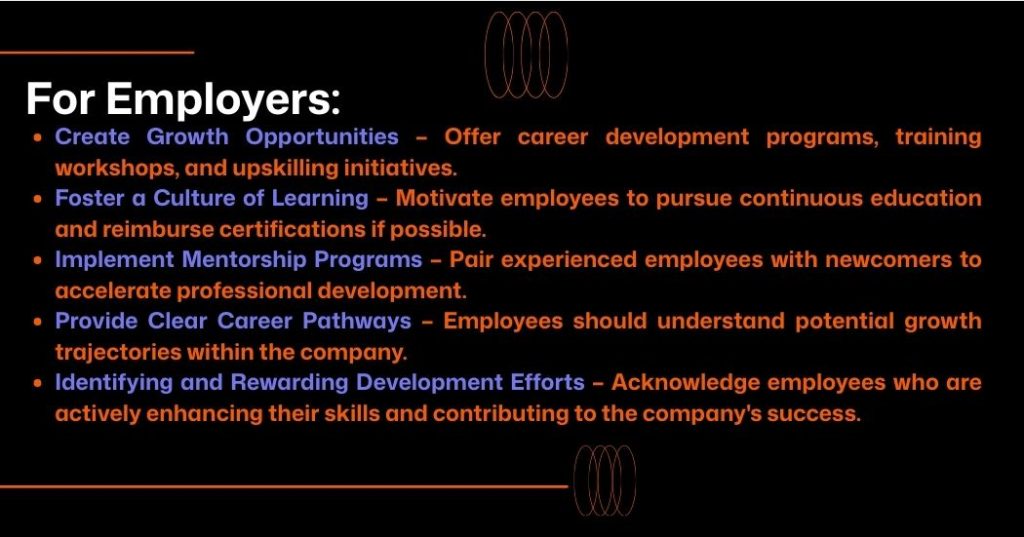Experienced an adrenaline rush while unlocking a new level playing your favourite game? Imagine applying the same energy towards career development strategies. And let’s be real. These opportunities don’t magically appear like power-ups in Mario Kart. It takes strategy, patience, and a few respawns after failures (read: learning experiences).
It does not matter if you are aiming to get a promotion, switch careers, or just looking to polish your skills. Professionals who actively plan and adapt to industry trends are the ones who thrive.
Here’s how you can build a career that is aligned with your professional and personal aspirations.
Effective Career Development Strategies: What It Means
What are career development strategies?
At its core, career development is about continuously growing, learning, and adapting in your field. The goal isn’t just climbing the corporate ladder – it’s building a meaningful and fulfilling career.
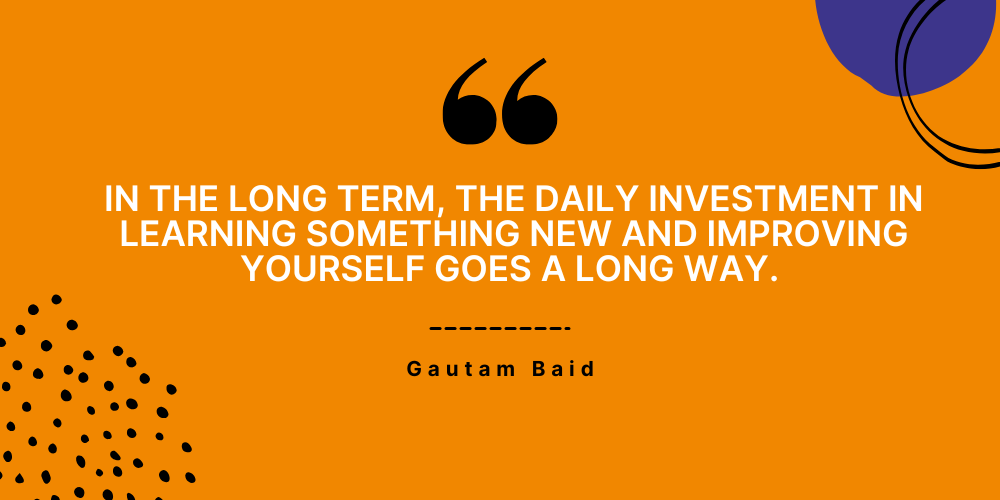
Your career is a long-term investment, and like all valuable investments, it thrives when nurtured with the right strategies. Many professionals fall into the trap of ‘going with the flow’ instead of taking deliberate action.
This is where career development strategies for employees can help you course-correct.
To design your career trajectory, you’d need blueprints, learning materials, and a strong foundation. Without a structured approach, progress is haphazard and slow.
But don’t worry; we’re about to break it down step by step.
Career Development Strategies: Setting Clear Goals for Success
You wouldn’t start a road trip without a destination. The same applies to your career. Effective career advancement strategies begin with setting goals.
If you’re serious about growth, you need a plan that balances long-term ambition with short-term milestones. And the best way to do that? SMART goals.
SMART stands for:
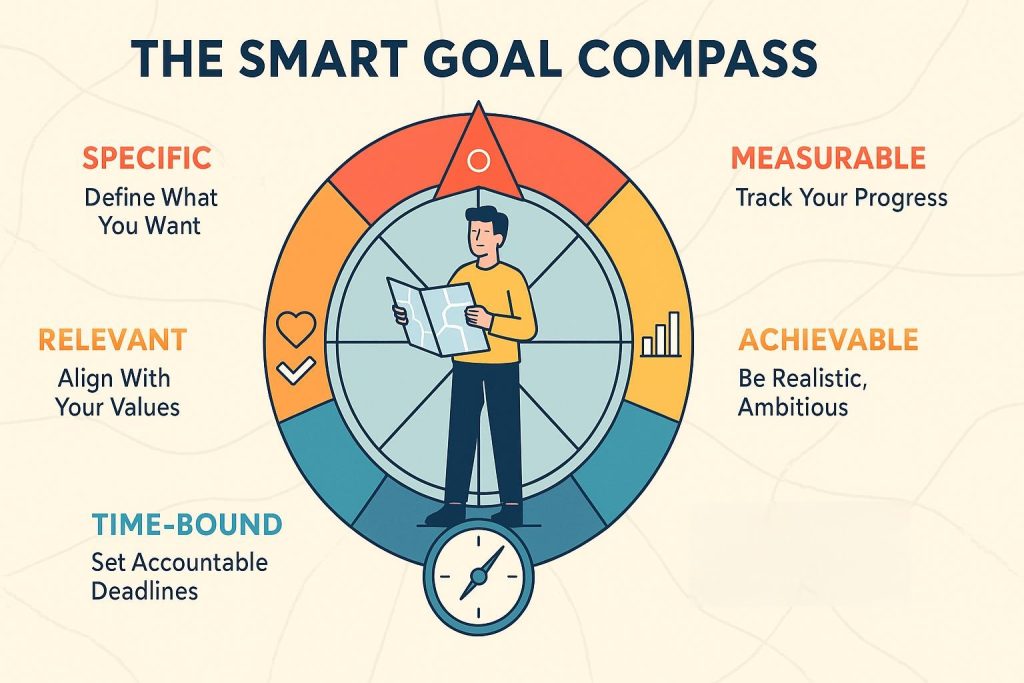
Career Development Strategies for Continuous Learning
Think about the last time you learned something new. Was it a new skill at work? A side hobby? The moment we stop learning, we stagnate. And stagnation is a career killer.
Industries are evolving at a breakneck speed. And this is possible because of the premium top companies place on upskilling yourself. Most effective career development strategies center on continuous learning.
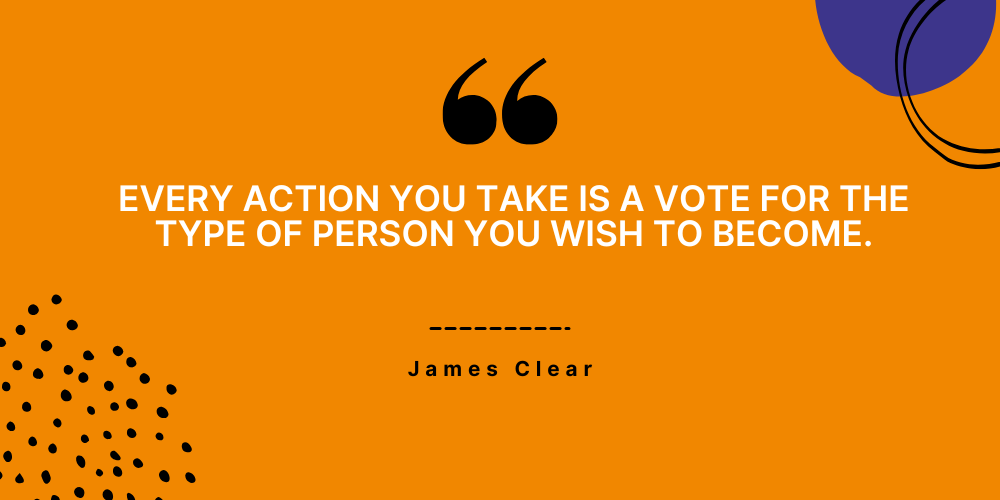
In other words, learning must become a habit, not just an occasional effort.
Practical ways to incorporate lifelong learning:
- Enroll in online courses and certification programs
- Read industry blogs, books, and whitepapers
- Attend workshops, seminars, and networking events
- Seek mentorship from leaders in your field
Organizations should also prioritize improving career development by fostering learning cultures – this benefits both employees and employers in the long run.
How Networking Enhances Career Development Strategies
It is all about fostering authentic relationships that can help to boost your career. When it is done right, networking serves as a bridge to career development opportunities that you may not have access to otherwise.
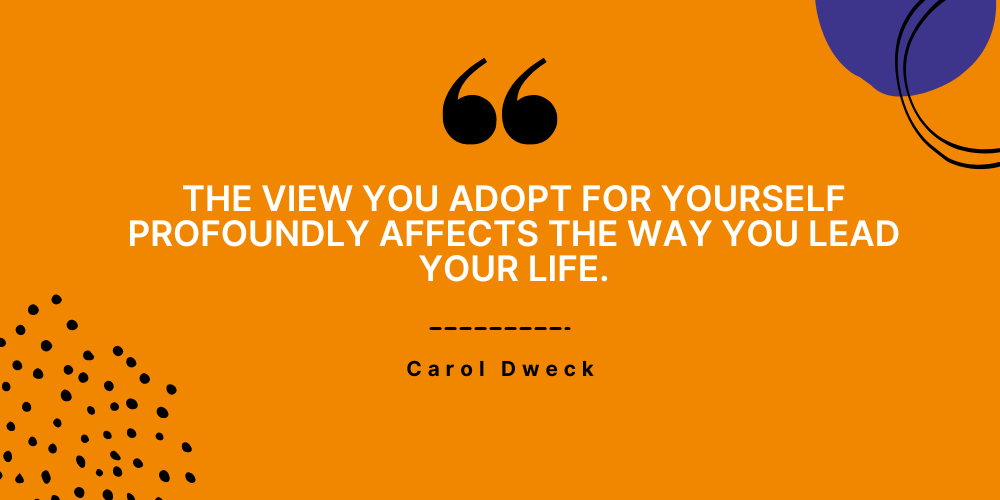
A well-maintained professional network can act as an ongoing support system, providing mentorship, insights, and collaboration opportunities that align with your long-term career aspirations.
By having a strong network, you gain exposure to new perspectives, industries, and job openings that are not publicly advertised. It’s no secret that many of the best career advancements come from word-of-mouth referrals.
Professional Development Strategies: Mastering Soft Skills
Soft skills are often the silent differentiator between an average professional and a high-achieving one. While technical expertise gets your foot in the door, how you communicate, collaborate, and lead, determines how far you can go. These skills shape how you interact with colleagues, handle workplace challenges, and position yourself as an invaluable asset to your team.
Why mastering soft skills is essential:
Soft skills are often the silent differentiator between average and high-achieving professionals. While technical expertise gets your foot in the door, your ability to collaborate, communicate, and lead determines how far you can go. These skills shape how you mingle with your colleagues, handle challenges at the workplace, and position yourself as an invaluable asset to your company.
- Emotional intelligence helps you understand and manage both your emotions and those of others, improving teamwork and leadership.
- Public speaking and communication ensure your ideas are heard and respected.
- Adaptability and resilience help to navigate change and uncertainty with confidence.
- Leadership and teamwork build trust and productivity within organizations.
Developing these skills is not a one-time event but a continuous process of self-improvement and application. Take feedback, engage in real-world practices, and accept challenges that take you away from your comfort zone.
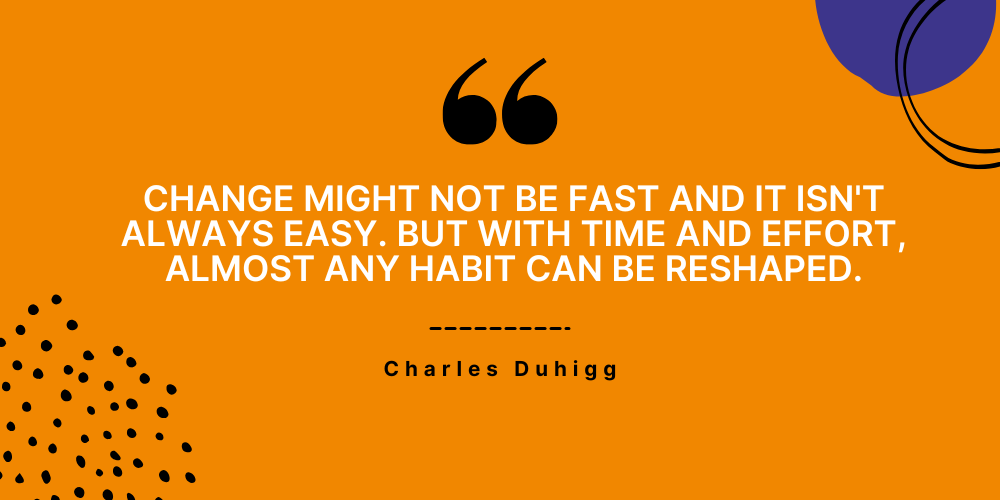
Career Development Strategies for Employees vs. Employers
Career development is a two-way street. While employees must take charge of their growth, employers also play a critical role in fostering an environment that supports professional development.
A conductive learning environment can boost productivity, retention, and job satisfaction. Employees feel empowered, and businesses benefit from a more skilled, engaged workforce.
Effective Career Development Strategies for Work-Life Balance
Work-life balance is not only about avoiding burnout. It is about sustaining long-term career growth and ensuring personal well-being at the same time. Only those who work effectively can understand that rest, recovery, and hard work are essential. Achieving balance leads to higher productivity, improved mental health, and greater fulfilment.
Many employees struggle with the pressure to always be ‘on,’ responding to emails late at night or sacrificing personal time for work obligations. However, proper career advancement strategies involve setting boundaries that protect your professional and personal life.
How to integrate work-life balance into career development:
Conclusion: Define your Career with a Clear Strategy
Every decision, learning opportunity, and connection you make will shape your future. It is not about where you stand today, but where you are going.
Career growth doesn’t happen overnight, and there’s no one-size-fits-all formula. The key is consistency – small, intentional steps that build momentum over time.
Seek out mentors, lean on your professional network, and stay open to new ideas. Your career is a journey, and the best part? You’re the one in the driver’s seat.
